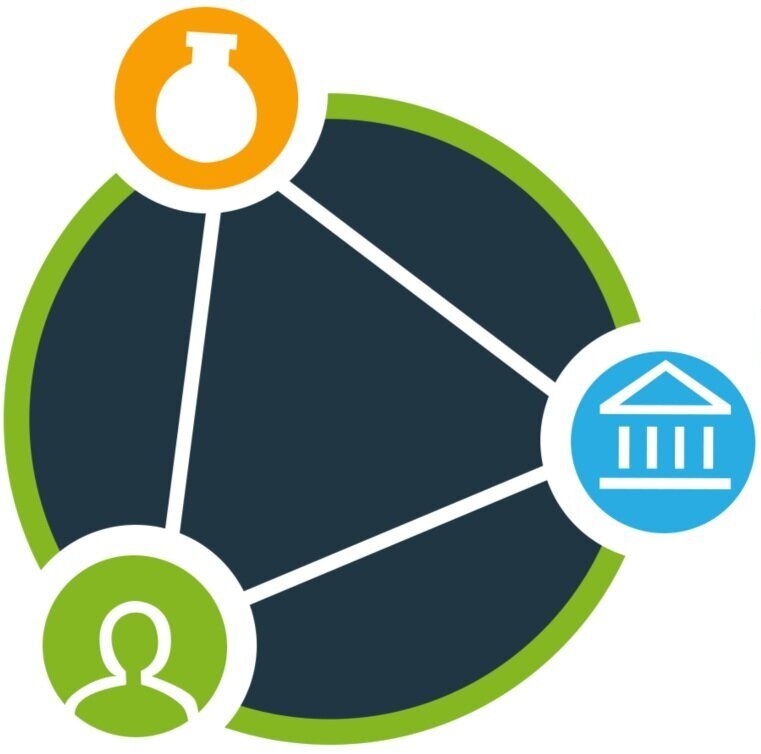Empowering Research Organisations with Citizen Science: Good practices, funding success and beyond - Free webinar, 30 November
Seeking collaborator:
Seeking expertise:
In today's ever-evolving research landscape, Citizen Science (CS) has emerged as an indispensable tool for research organisations, providing a gateway to innovative solutions and impactful outcomes. This event is dedicated to exploring how research organisations can seamlessly integrate CS into all their R&D projects, even those initially unrelated to CS, and how this integration can significantly increase success in securing funding opportunities.
Date: 30 November
Time: 14:00-15:30 CET
To register: https://bit.ly/Empowering-RPOs...
At the heart of the event is the launch of the 'TIME4CS Statement'. This invaluable resource offers a comprehensive set of practical recommendations, carefully tailored for research institutions and the individuals within them who wish to initiate or expand their involvement with Citizen Science. The TIME4CS Statement serves as an essential roadmap, offering concrete steps to guide institutions on their CS journey, position them favourably in R&D project development, and enhance the success of grant applications.
During this event, participants will gain the knowledge and tools needed to seamlessly integrate CS into research projects, regardless of their primary focus. Integrating CS principles can foster deeper community engagement, improve the quality of data collection, and stimulate innovative solutions, ultimately increasing the impact of the work. It will also explore how incorporating CS into R&D efforts can significantly improve the prospects of securing research funding and opening up new opportunities for financial support.
This is a must-attend event for research organisations and individuals who want to maximise the potential of Citizen Science in their projects while positioning themselves for funding success.
Should you have any questions about this event please do not hesitate to contact us at [email protected]


